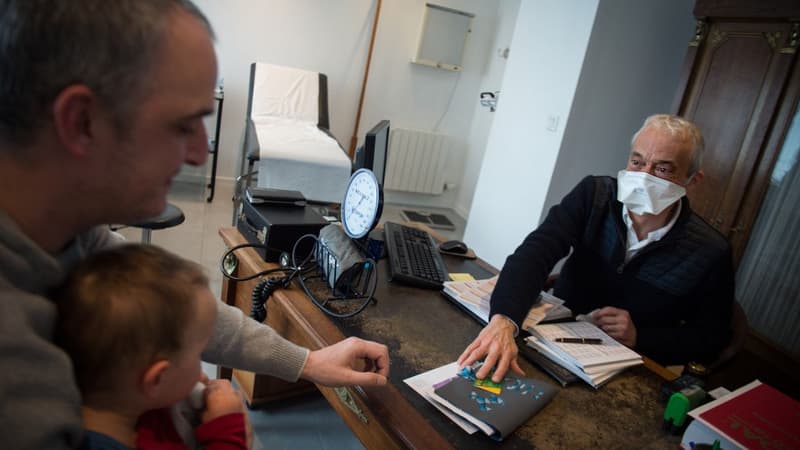After several months of testing with 360 volunteer doctors, generative artificial intelligence is preparing to arrive with force. Starting October 15, all Doctolib client GPs will be able to activate an AI capable of completing a patient’s file for them. The goal: to summarize the relevant information exchanged orally, so that the doctor can focus more on the exchange. Naturally, the doctor will be responsible for checking the relevance of the information preloaded by the AI.
Specifically, the new tool proposed by Doctolib will use the microphone of the doctor’s computer to “listen” and “analyze” the conversation with the patient. On this date, only general practitioners will be able to benefit from it, since the AI has not yet been sufficiently trained on the data linked to consultations with specialist doctors, Doctolib explains to Tech&Co.
The price of this new service charged to doctors is not yet known. But to try to convince them, Doctolib, which hopes for “the greatest possible adoption”, will offer them the first month of use.
“I look at people more”
Questioned on the subject by BFMTV, Gilles Heindrich, general practitioner in La Petite-Pierre (Bas-Rhin) and tester of the function for several months, sees this technology as a way to be “less in front of the screen” and, therefore, therefore, to focus on the patient.
“We are not going faster, that is not the objective. The objective is to increase the quality of both the exchange (…) and the observation,” he specifies, after several weeks of experimentation with his patients.
Especially since the generative AI proposed by Doctolib goes beyond a simple query summary. It also has ways to sort the data and put it in the right place, even if the doctor has to validate the report by hand.
There are no recorded sounds
Convinced of laying the first milestones to become an “AI reference in Europe”, Doctolib also seeks to ensure its profitability. It should finally be in 2025.
As Doctolib explains to Tech&Co, two measures are implemented to protect patient privacy. First, by requiring doctors using the tool to ask for consent before the discussion begins. The conversation is then not recorded: the sound is analyzed in real time to complete the patient’s medical history, but is not stored later.
However, a few weeks ago, some Internet users called out Doctolib for using its users’ personal data to train its AI. The platform was also the victim of data theft in July 2020.
In any case, Doctolib is not the only one who wants to impose generative AI in queries. Google is experimenting with a similar solution, but this time to give an initial diagnosis, without going through a doctor.
Source: BFM TV


